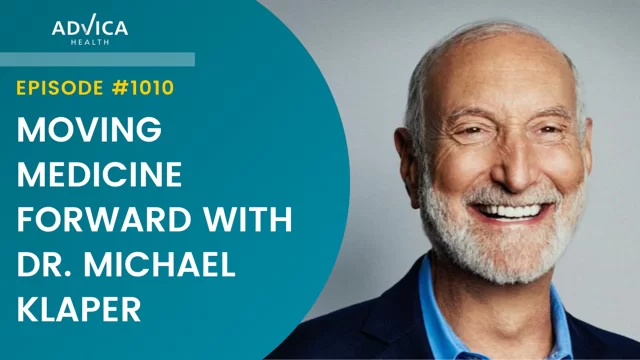
SAD, which stands for Seasonal Affective Disorder, is a type of depression that is affected by the changing seasons. It most commonly affects people in fall and winter, but it can occur in summer as well. As we shift into shorter, darker days this winter season it is important that we practice self-care and look after our mental health!
Getting in touch with nature
Getting outside when you can is one great way to help you feel inspired and refreshed after a long day. Even a short walk around the park is enough to get you out of a rut, not to mention a great way to get some Vitamin D! It can also help to have a few houseplants around to add some much needed greenery to your home.
Light Therapy
Light therapy with a light box or even something so simple as a sunshine alarm clock can really help boost your mood! They work by exposing you to much needed light in the morning, especially within the first hour that you are awake. This helps by signalling to your brain that it is time to wake up and can help you feel invigorated first thing in the morning, just like the summer sun!
Maintaining a healthy balanced lifestyle
Making healthy lifestyle choices is one effective way to improve your overall physical and mental health by making your body feel more nourished and energized. Even starting small with Vitamin D or other supplements, healthy snacks, and light exercise can be just the boost you need!
Socializing with family and friends
Sometimes when people are feeling down, their first instinct is to withdraw from their social circles. While often unintentional, this can intensify feelings of loneliness and contribute to seasonal depression. Whenever you are feeling down, visiting your friends and family (or even a pet!) could be the pick-me-up you need!
If you would like to find out more, please feel free to check out this article from the Mayo Clinic or reach out to one of our Nurse Navigators as they can help you access Advica’s Mental Health Navigation services. Remember, it is never too late to ask for help!
Disclaimer: The information shared by Advica Health Communications Team, included but not limited to text, infographic, videos and other material contained in this blog are for educational and informational purposes only. No material in this newsletter is intended to be a substitute for professional medical advice, diagnosis or treatment. Always consult your family physician or other qualified healthcare professional with any questions that you may have regarding a medical condition, treatment or before undertaking a new health regimen. Do not delay any medical intervention or treatment because of something you have read in this newsletter.

